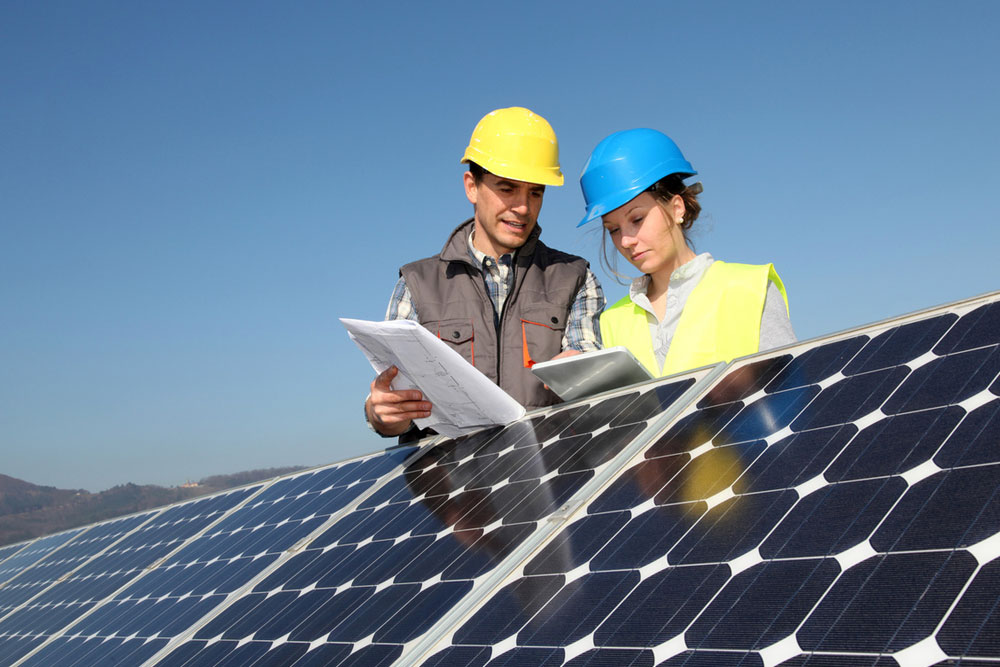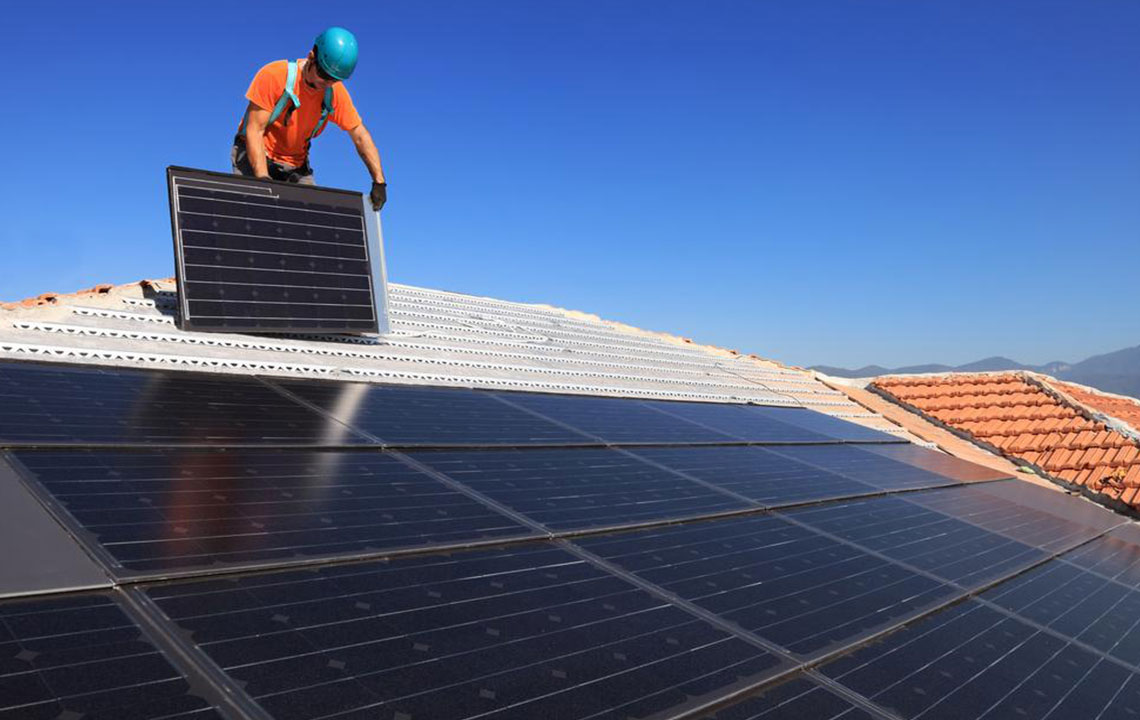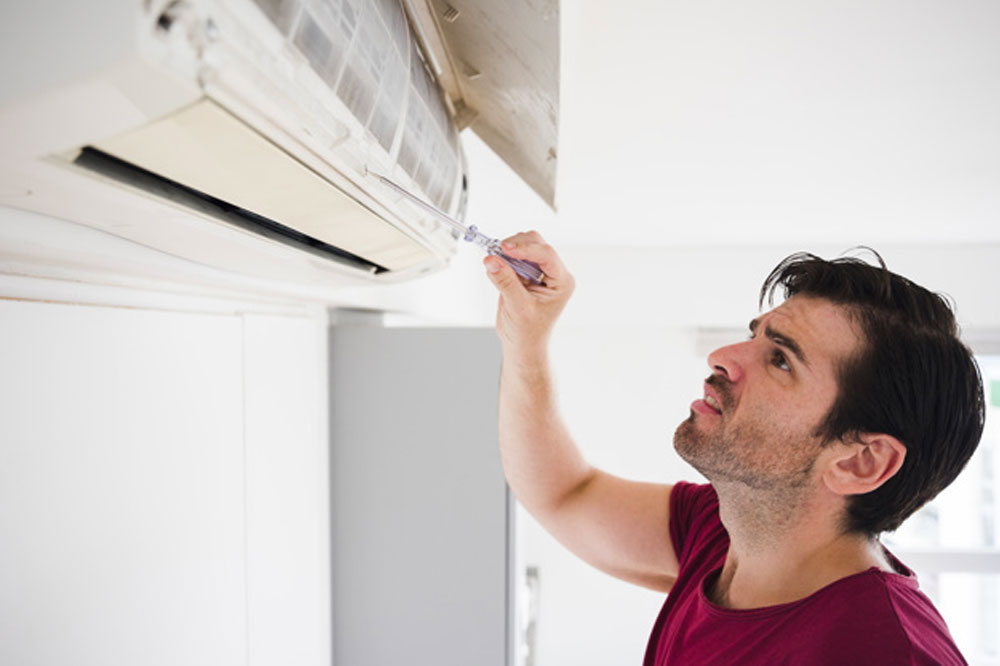Key Factors Affecting Solar Panel Pricing and Costs
This article explores the factors influencing solar panel costs, including installation expenses, roof compatibility, panel efficiency, type, quality, and brand. It provides insights for homeowners and businesses planning solar energy projects, emphasizing the importance of understanding these elements to optimize investment and system performance.

Key Elements That Influence Solar Panel Pricing
Solar power systems are environmentally friendly solutions that convert sunlight into electricity, helping reduce reliance on fossil fuels and lower energy bills. As the benefits are clear, more homeowners and businesses are choosing solar energy to minimize their carbon footprint and save money. Understanding the costs involved and what factors affect prices is crucial when planning your solar installation. This article highlights typical expenses and the main factors influencing solar panel costs.
Average Installation Costs For residential properties, the total installation cost generally ranges from R 45,000 to R 70,000, depending on project details. Individual solar panels usually cost between R 1,800 and R 4,200 each, with prices varying based on size and efficiency levels.
Factors That Impact Solar Panel Costs
Roof Compatibility: The roof’s shape, angle, size, and condition greatly influence installation costs. A sturdy, stable roof supports panels better, while weaker roofs might require repairs or reinforcement, adding to expenses. Roofing materials play a role; asphalt shingles are easier and cheaper to install, whereas metal, tile, or slate roofs may need specialized mounting hardware, increasing costs. Flat roofs often require tilt racks to optimize sunlight, which can raise overall costs. Conducting a pre-installation roof inspection can help reduce unexpected expenses.
Panel Size and Efficiency: The size and efficiency of panels are determined by available space and energy needs. Smaller panels aren't necessarily cheaper; high-efficiency panels are better for limited space but may have a higher upfront cost. Investing in larger, efficient panels can lead to savings over time by increasing energy output and reducing the number of panels needed.
Panel Types and Quality: Common types include monocrystalline, polycrystalline, and thin-film panels. Monocrystalline panels offer high efficiency and durability but come at a higher price. Polycrystalline options are more affordable with moderate efficiency, suitable for budget-conscious projects. Thin-film panels are less efficient and cheapest, ideal for large areas with ample space.
Brand and Installation: Costs vary among manufacturers; reputable brands often guarantee better quality and warranties but are pricier. Professional installation ensures optimal system performance and reduces future repair costs. Other factors affecting costs include system size, backup batteries—typically lithium-ion with capacities from 2.4 kWh to 16 kWh—and project complexity.
Note: This article offers general information. For specific financial advice or available schemes, consult local experts or providers, as individual circumstances vary.


